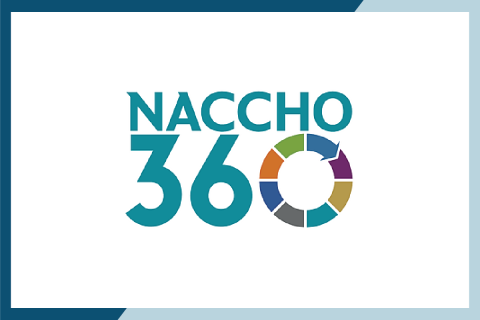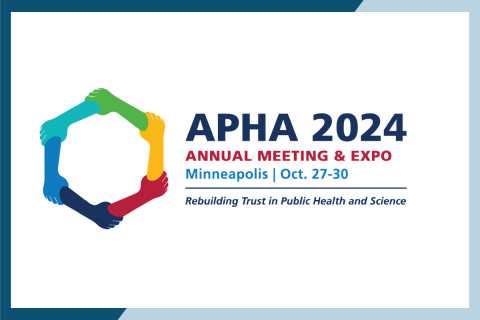Explore Our Portfolio
We welcome you to explore our extensive portfolio of articles, case studies, webinars, presentations, and more through this interactive index.
Begin your search by selecting the checkboxes on categories of interest to uncover the projects that align with your interests.
Tailor your exploration by selecting multiple checkboxes across various categories of interest.
Explore 341 results
This article examines employment trends and variations across subsectors, highlighting the industries that contributed the most to recent growth, and the recruitment and retention challenges health care employers continue to face.
Altarum joins as one of the first 50 members of the Common Health Coalition to enhance public health initiatives and align missions for a healthier future.
The latest HSEI briefs show that health spending exceeded $5 trillion, health care price growth broke out to a 15-year high, and job openings in health care and social assistance fell.
The growing, curated collection of training and education resources covers a variety of interoperability topics, expanding knowledge among public health experts.
In this blog, we put 2023’s above-average health care utilization increases into perspective historically and break down utilization trends by the different major health care spending categories.
Explore the "New Roadmap for Research"—a guide designed to enhance research with an equity focus, featuring expert insights and valuable resources.


